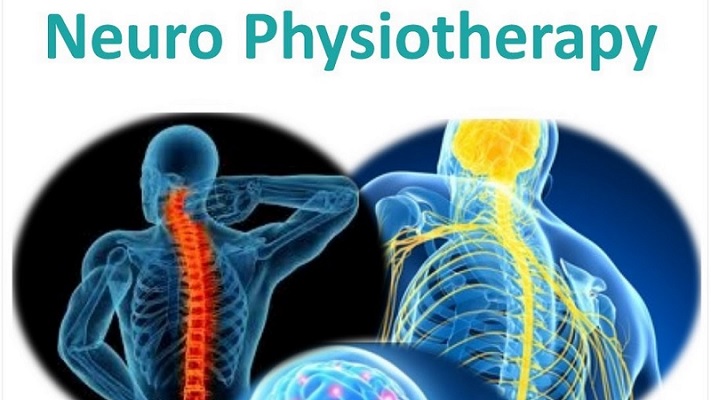It is very likely that to more effectively relieve your back pain you should go to physiotherapy. The best physiotherapist in Dwarka will work with you to help you recover mobility in the affected areas of your body as they heal faster.
A very important aspect of physiotherapy in Dwarka is that the therapist will also teach you different ways to minimize the possibility of future pain.
Physical therapy includes active and passive treatments. The passive treatments help your body relax and decrease pain. They are called passive because the patient does not have to participate actively (with physical activity) to be effective.
Usually, a physiotherapy program begins with passive treatments. However, the goal is to recover the body or the affected area so that it is prepared for active treatments, which are nothing more than guided therapeutic exercises that make the body more flexible and stronger.
Passive Treatments
The physiotherapist can start with you the following treatments:
- Deep Tissue Massage This technique acts on the contractures of the muscles that may have their origin in the stress of everyday life. You may also suffer contractures or tension in the muscles due to muscle tears or sprains. The therapist exerts direct pressure with his hands and rubs to try to relieve tension in soft tissues such as ligaments, tendons, and muscles.
- Cold and heat therapies. The physiotherapist in Janakpuri can alternate between hot and cold therapies. When using heat, look for more blood to flow to the affected area: an increase in blood flow brings more oxygen and nutrients to the area. The waste products that generate muscle contractures are also removed by the blood, which helps to heal.
- Cold therapy, also called cryotherapy, helps reduce inflammation, muscle contractures, and pain. They could put a cold bag in the designated area or even give you an ice massage. After cold therapy, the therapist can work with you to stretch the affected muscles.
- Transcutaneous nerve electrical stimulation (TENS). A TENS machine uses variable low-intensity electric current to stimulate the muscles. It sounds scary, but it's really nothing painful. Electrodes adhere to the skin and they send a gentle electric current to key points.
- TENS helps reduce muscle contractions and is believed to activate the secretion of endorphins, which are the pain relievers that the human body naturally produces. There are even small TENS appliances for domestic use that can be used at home, as long as the specialist considers it convenient.
- Ultrasound. By increasing blood circulation, ultrasound helps reduce muscle contractures, cramps, inflammation, stiffness, and pain. This effect occurs because the ultrasound machine sends sound waves that reach deep into the muscle tissues, generating a gentle heat that facilitates circulation and healing.
Active treatments
In the active part of physiotherapy, the physiotherapist in Dwarka will teach you various exercises to improve the flexibility, strength, and stability of the abdominal, back and gluteal muscles, as well as the range of motion of your joints.
Each physical therapy program is individualized, based on the history and health status of each patient. The type of exercises you do may not be appropriate for another person with back pain, especially since the pain may not have the same cause.
If necessary, you will learn how to correct your posture and incorporate ergonomic principles into your daily activities. The idea is that you are aware of your bad postural habits, that you learn good habits and postural principles and then put them into practice to take care of your back.
Your physiotherapist in Uttam Nagar can also suggest a personalized exercise program that you should do periodically. In this way, you reduce the possibility that back pain will reappear while maintaining good overall health.

